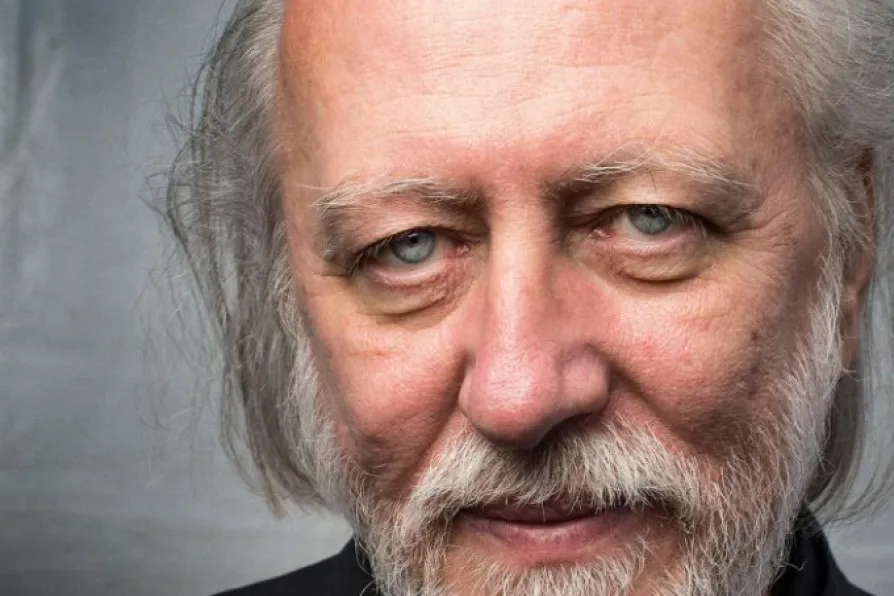JAN WOOLF applauds the necessarily subversive character of the Palestinian poster in Britain

 EYEING APOCALYPSE: Laszlo Krasznahorkai
EYEING APOCALYPSE: Laszlo Krasznahorkai
FOLLOWING recent electoral torsions, the commentariat have progressed to the bargaining and depression stages of grief.
At first we had denial, with incredulous books by bien-pensant journalists about the apparently new phenomenon of “post-truth.” Then we had anger, with the gossipy accounts of Donald Trump’s boorish behaviour in the White House and the high jinks of those bad boys of Brexit.
This year we’ve been faced with a raft of books about social media, reflecting upon how these technologies, meant to emancipate, have in fact enslaved us by strategies of divide attention and rule.
By far the most nuanced and insightful was Richard Seymour’s The Twittering Machine. Instead of seeing fake news and trolling as some bewildering aberration, he persuasively reads them as the culmination of already existing cultural and technological trends
Such more thoughtful reckonings have also percolated into recent fiction offerings. Ben Lerner’s Topeka School is a magisterial novel that excavates the origins of Trump’s America from his childhood in Kansas.
From the echolalia of high-school debate contests to the masculine culture of the playground, Lerner’s spin on the US family saga subtly inflects the vapidity and viciousness of contemporary political discourse.
Responding to the right-wing authoritarianism of his native Hungary, Laszlo Krasznahorkai's novel Baron Wenckheim’s Homecoming is a unique masterpiece.
Written in his trademark serpentine sentences, heroically translated by Ottilie Mulzet, it's an apparently simple tale of an aristocrat returning to his hometown from Argentina.
But it takes on apocalyptic proportions as marauding fascist biker gangs and mysterious car convoys conjure a malevolent atmosphere of unease, escalating towards an inexplicable cataclysm that feels all too familiar.
Coming to terms with the painful events from the past is central to Vigdis Hjorth’s Will and Testament, a searing meditation on the unspeakable family trauma of a father’s sexual abuse of his daughter.
Unspooling in a splenetic torrent of raw emotional intensity, it speaks to wider issues of collective traumas that societies refuse to confront.
Uncovering suppressed histories can proffer redemption as well as remorse. Fraser Macdonald’s Escape from Earth revealed the communist scientists that have been airbrushed out of the story of the US space programme, showing that the left have sought to direct technological development towards more liberatory ends.
As well as occluded, it’s a history occulted with the key role of dynamite expert Jack Parsons, a disciple of Aleister Crowley, demonstrating that the entwining of science and magic was not burst asunder by the Enlightenment.
The continued influence of such forbidden knowledge forms the subject of Erik Davis’s High Weirdness, which illuminates the esoteric fascinations of Californian countercultural figures such as Terence McKenna, Robert Anton Wilson and Philip K Dick and argues that their paranoid revelations about our networked age shaped the intellectual firmament of Silicon Valley.
Perhaps by leaning into the occult and weird origins of these technologies we can come to accept them and reopen their vistas of possibility once again.
















